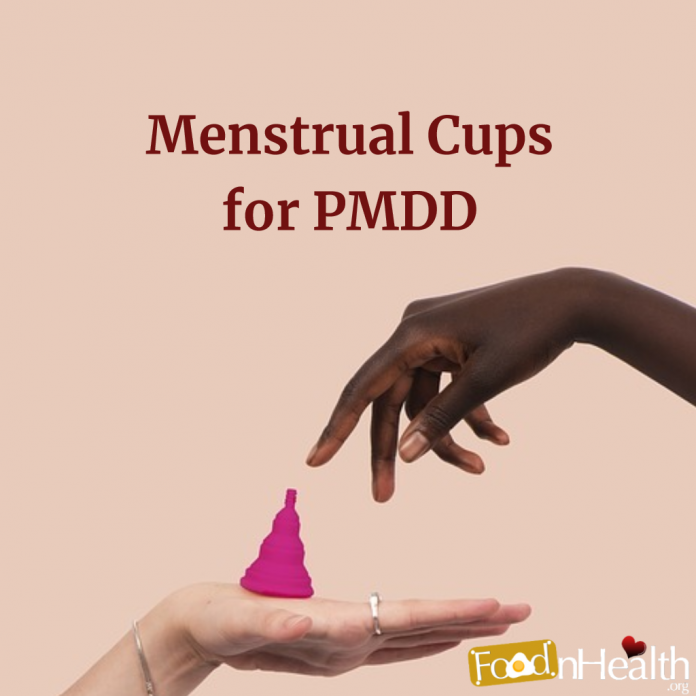Have you ever been irritable, anxious, and overly tired a few days before and after the onset of your menstrual cycle? Or have you had difficulty in focusing your attention on something, lost your appetite, and tend to have problems falling asleep? Then you are among those who have had the premenstrual dysphoric disorder or PMDD, a health issue that is almost identical to premenstrual syndrome (PMS) but is more severe.
Others might find this condition unalarming, but it has shoved about fifteen percent (15%) of the female population into the act of suicide, which makes it a frightening issue that must be addressed immediately. Over here, we talk about strategies for women to drop off PMDD symptoms and make their everyday lives plain sailing and worry-free.
Sleep Could Mean Everything
When women deprive themselves of a good night’s sleep, they are like permitting the symptoms of the premenstrual dysphoric disorder to ruin their lives. Several studies have confirmed the increase in women’s estrogen level and the decrease in their progesterone level before, during, and after their menstrual period, which becomes the reason why they feel so tired they usually have a difficult time falling asleep.
Other than that, sleep deprivation causes one’s hunger level soaring, which would then lead to overeating and gaining more weight. If you’ve had problems sleeping for a more extended period, then you are considered to have chronic insomnia, which will soon make you anxious and depressed. Getting a night of better quality sleep is crucial not only for your physical health but also for your emotional well-being, brain functioning, and daytime performance.
Hustle For That Muscle
Several studies would suggest that regular exercise can help diminish the symptoms of PMDD such as fatigue and depression by prompting the body to produce more feel-good hormones called endorphins. These hormones are natural mood-boosters that can overcome any depression that women endure when they have PMDD.
Aside from that, they are good at suppressing stress hormones, helping women to sleep better at night, encouraging weight management, and eventually promoting good health and lasting happiness. Aerobic exercises like biking, brisk walking, and running will help boost women’s heart rate and, ultimately, reduce the pain that women are forced to contend with when they have PMDD. The increased blood flow when exercising lifts up the body’s oxygen levels, therefore, lowering women’s risks of heart diseases.
Because We Are What We Eat
To keep the premenstrual dysphoric disorder under control, women must eat smart and enjoy the right kinds of food. Since breast tenderness, bloating, and swollen hands are among the many symptoms of this type of disorder, women must limit their salty food intake. It will always be best if they include vegetables and fruits in their dietary plans and eat more calcium, which they can get from low-fat cheese, milk, or soy products.
Apart from that, they must limit their alcohol and caffeine intake as these can hamper a good night’s sleep and contribute to the severity of other PMDD symptoms. Drinking lots of water, of course, is highly recommended as water helps in digestion, reduces bloating, and has many other health benefits.
An End to Your Pain
There are over-the-counter pain relievers like ibuprofen that may help women overcome some PMDD symptoms such as breast tenderness, cramps, and headache. However, for signs that are so severe they cause extreme shifts in the hormonal levels, women must consult with their doctors about hormonal contraceptives, birth control pills, and other medicines that require a prescription.
Women may also opt for psychotherapy to effectively treat mood and anxiety complaints that constitute a significant proportion of PMDD. Cognitive-behavioral therapy (CBT), for instance, is a form of psychotherapy that women may undergo to alter their dysfunctional behaviors, thoughts, and emotions, and uplift their well-being.
The Necessary Evil during Menstruation
Whether they like it or not, women need external or internal protection when they are having their period. However, reports suggest that a couple of period products can make PMDD symptoms terrible. Tampons, they say, result in more pain in the abdomen and severe cramping while some ingredients in sanitary pads and panty liners may also cause skin irritations.
As a consequence, a rapidly growing number of women would instead use menstrual cups as they are reusable, economical, and eco-friendly. You may check https://daisymenstrualcup.com/ for further details. Meanwhile, others opt for organic period panties or all-organic pads.
Takeaway
Not all women will suffer from the premenstrual dysphoric disorder. For those that do, however, the condition shakes up their lives in a way that their productivity is limited and their happiness is restricted. The PMDD symptoms may be too powerful to defeat, but when women have the right information, they would be able to curtail these symptoms enough to get an exciting life despite the inconvenience of every menstrual period.


























